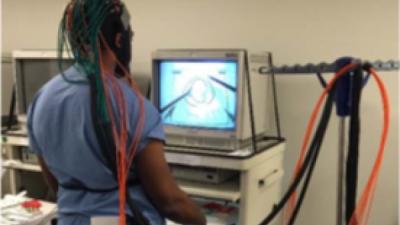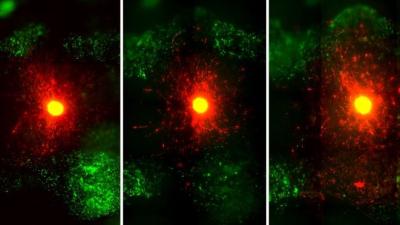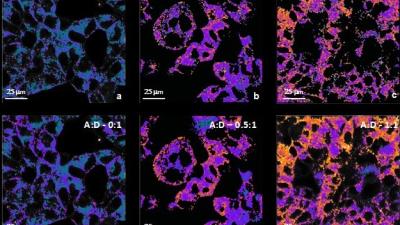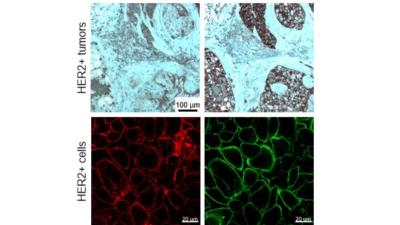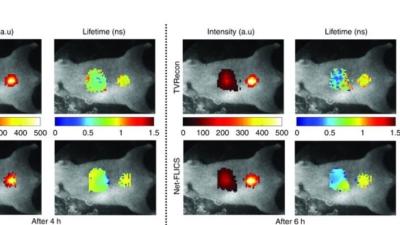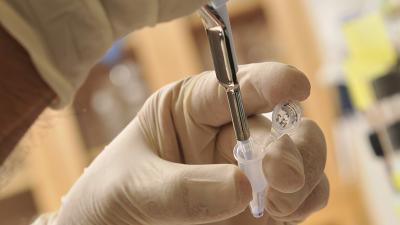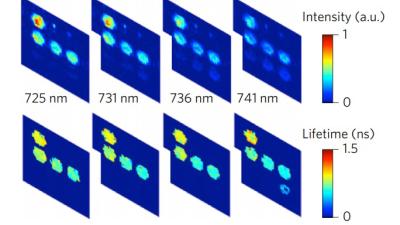To Improve Surgeons’ Skills, Researchers Will Tap Directly Into Their Brains
Researchers at Rensselaer Polytechnic Institute envision a day when surgeons will benefit from personalized training, rather than sheer practice repetition, thanks to novel neuroimaging and artificial intelligence methodologies. Under this method, surgeons would complete technical tasks while images of their brain activity reveal how well they have mastered critical skills.
